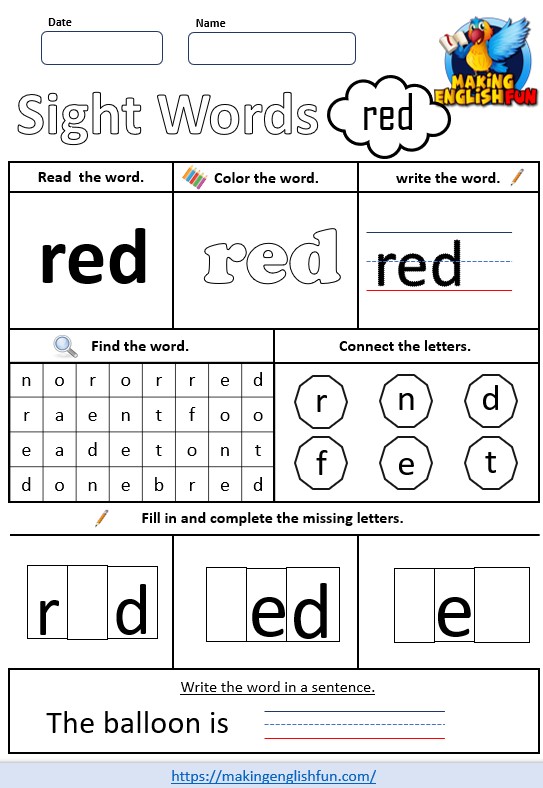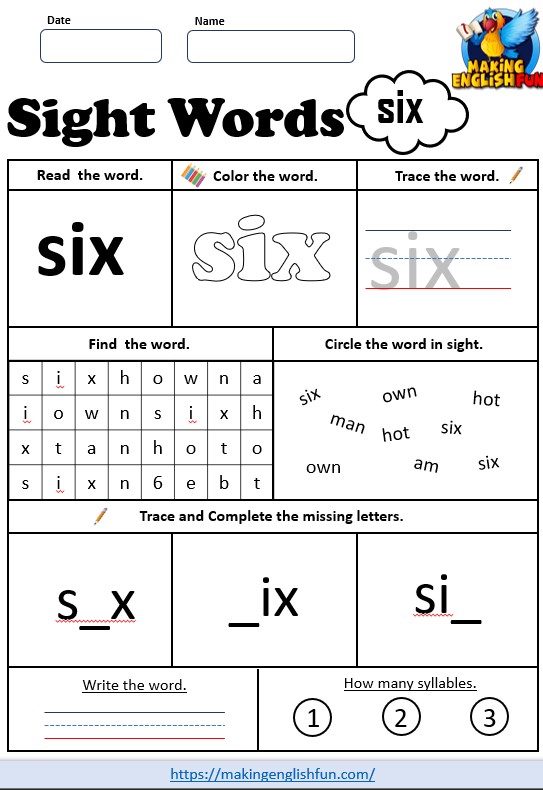Differences Between Advice and Advise with a Quiz
In the English language, certain word pairs sound strikingly similar yet carry different meanings and functions.
“Advice” and “advise” are classic examples of this. Often confused due to their similar pronunciation, these words differ in both meaning and grammatical role.
Misusing them can lead to miscommunication and ambiguity, especially in written contexts.
| Word | Part of Speech | Definition | Example |
| Advice | Noun | Suggestions or recommendations regarding what someone should do. | “Her advice on the project was invaluable.” / “I need your advice on buying a new car.” |
| Advise | verb | To give advice; to suggest a course of action to someone. | “I advise you to check the report thoroughly.” / “The doctor advised him to get more rest.” |
This article aims to shed light on “advice” and “advise,” offering clear definitions, usage examples, and practical tips to distinguish between them effectively.

You can check your knowledge on the advice and advise differences in the middle of the article.
Section 1: Understanding “Advice”
Advice: A Noun for Suggestions
The term “advice” functions as a noun. It refers to suggestions or recommendations given to someone about what they should do. The pronunciation of “advice” ends in a soft ‘s’ sound, like ‘ice.’
Examples of “Advice” in Use
Consider these sentences where “advice” is correctly used:
- “She gave me great advice on how to improve my resume.”
- “Could you give me some advice on which car to buy?”
In both examples, “advice” acts as a piece of guidance or recommendation.
Section 2: Exploring “Advise”
Advise: A Verb for Giving Guidance
In contrast, “advise” is a verb. It means to give advice or to recommend a course of action. The pronunciation of “advise” ends with a ‘z’ sound, as in ‘size.’
Usage in Sentences
Here’s how “advise” might appear in sentences:
- I advise you to check the weather forecast before going hiking.
- “The lawyer advised her client to remain silent.”
In these examples, “advise” is an action of providing suggestions or recommendations.
Advice and Advise Whats the Difference Quiz
You can check out our quiz to practice the difference between its and it’s here as well.
Advise vs. Advice Quiz
Question 1: “Can you _____ me on which movie to watch?”
Question 2: “I appreciate your valuable _____.”
Question 3: “She will _____ you on the best approach.”
Question 4: “I need your _____ on this matter.”
Question 5: “I _____ against making hasty decisions.”
Question 6: “Please give me your _____ on this issue.”
Question 7: “They will _____ you if you ask them.”
Question 8: “his _____ is to stay away from that place.”
Question 9: “can you _____ me, it is greatly appreciated.”
Question 10: “She gave me some valuable _____.”
Total Score: 0
Section 3: Tips to Distinguish Between “Advice” and “Advise”
Mastering the use of “advice” and “advise” can be simplified with a few helpful strategies:
- Noun vs. Verb: Remember that “advice” is a noun (a thing) and “advise” is a verb (an action). If you’re talking about an action or suggesting something, use “advise.” If you’re referring to a suggestion or recommendation itself, use “advice.”
- Pronunciation Cue: The pronunciation difference can be a helpful reminder. “Advice” has a soft ‘s’ sound, while “advise” ends with a ‘z’ sound.
- Substitution Test: Try replacing “advice” with another noun, like “guidance,” and “advise” with another verb, like “suggest.” If the sentence still makes sense, you’ve likely chosen the correct word.
Common Errors to Avoid:
- Using “advice” when you mean the action of suggesting (incorrect: “I will advice you”).
- Using “advise” when referring to the suggestion itself (incorrect: “Your advise is valuable”).
Section 4: The Importance of Correct Usage
Using “advice” and “advise” correctly is vital for clear and effective communication.
Misusing these words can lead to confusion, misunderstandings, and can detract from the professionalism of your writing, especially in business or academic contexts.
Accurate usage demonstrates a strong command of the language and enhances the clarity of your message.
Conclusion
The difference between “advice” and “advise” is a key aspect of English grammar. While they may sound similar, their meanings and functions are distinct.
By understanding and applying the guidelines outlined in this article, you can confidently use these words in your daily communication.
Remember, effective English communication is as much about using the right words as it is about fluency and vocabulary.
What to Do now?
How do you remember the difference between “advice” and “advise”? Share your thoughts or any additional tips in the comments below.
For more guidance and practice, don’t forget to check out our interactive quiz on “advice” vs. “advise” to test your understanding!
Other Commonly Confused words in English
We also have an article with over 50 of the most commonly confused words in English here on the site.







